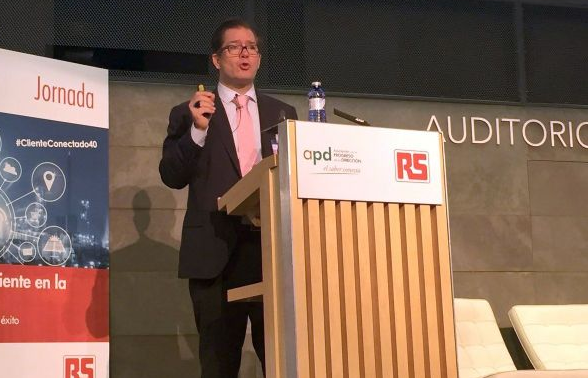The Industrial Internet of Things (IIoT) enables companies, especially manufacturing Internet of Things (IoT) technologies, to change or improve their operations. However, business leaders are still very cautious when adopting IIoT technology. In addition to concerns about data security, cost is also a major consideration. According to a survey by Accenture, while 84% of executives believe that they have the opportunity to use IoT technology to create new revenue streams, 73% of companies do not make specific investments. According to Dataweek, RS Components Innovation Director Alex von Schirmeister said that Industry 4.0 is primarily about how machines interact and how companies can understand what's happening in the machine in real time through the data. For von Schirmeister, corporate executives are still loyal to IIoT, often because of concerns about data security. Many companies need to ensure that the data generated from IIoT devices is fully protected. In some cases, this is based on the needs of the business itself, but is sometimes affected by data storage and privacy-related laws. Another obstacle is of course the cost. Moving to a full IIoT setup requires a large initial investment, but von Schirmeister believes that there are huge benefits to this investment, with the biggest advantage being the potential for cost savings and efficiency. In addition to cost savings, manufacturers can use the data generated to improve the quality of their work. At the macro level, the big data created by IIoT in the analysis can guide the company to a larger strategic move. This may include a full reorganization of production or a change in the working model, while creating greater efficiency on a larger scale. However, due to the large differences in the speed of adoption of IIoT between companies, how this investment and value spreads widely among manufacturers. Companies need to develop different business models in which assets create cyclical benefits for customers who continue to deliver value to the business. Some models include compliance monitoring, preventive maintenance, remote diagnostics, and asset tracking. While experts can debate the potential of this model, it is impossible at this stage to predict the exact results of IIoT and its impact on manufacturing. Just as taxi companies and short-term vacation accommodation have been overturned by Uber and Airbnb, manufacturing has to wait to see what kind of disruption digital connectivity will bring. According to von Schirmeister, RS Components supports customers who use IIoT in two ways. The first is to provide the latest technology to connect devices, followed by the Design Spark platform for engineers and other experts to share knowledge and innovation. He believes that IoT and its future will inevitably grow in general, and technology will become ubiquitous, similar to mobile phones, mobile networks and other technologies that people take for granted. The idea of ​​talking to other product devices is almost the norm in almost any product device. MINI-DP Cable,Mini DP Cable,Mini Displayport Cable,Mini DP 144hz,Mini Displayport Cable Dongguan Tuojun Electronic Technology Co., Ltd , https://www.fibercablessupplier.com